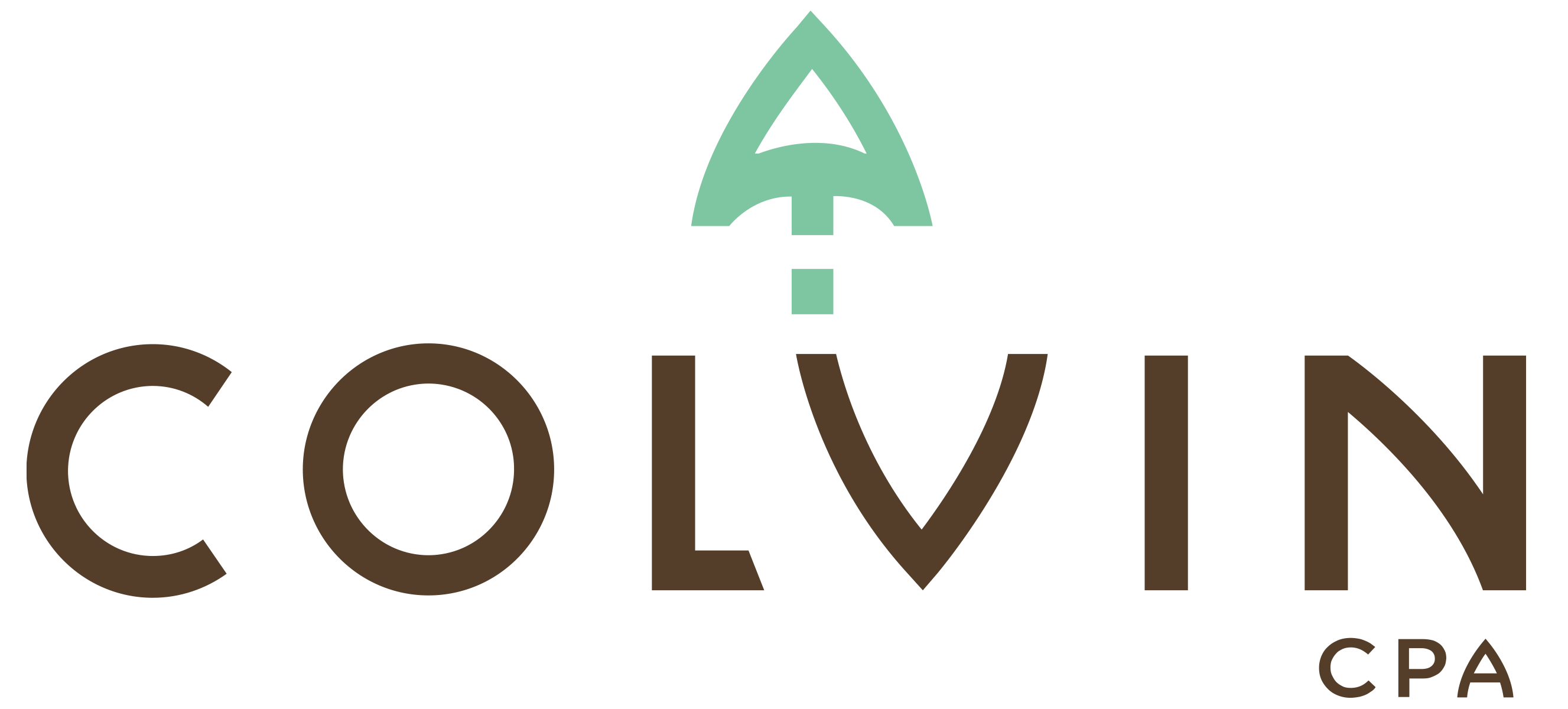How to Cash Flow Forecast for a Creative Agency?

Everybody is doing it?
Nope, I am not talking about kung-fu fighting. I am talking about cash flow forecasting.
Every agency owner is thinking about whether or not their agency has cash to pay bills on time and that alone is the definition of cash flow forecasting. Therefore, evvverybody – was – cash – flow – forecasting! You’re welcome, I’ve officially ruined your favorite 1970s disco tune. At least you still have Abba!
Cash flow issues are common in every agency. Therefore, forecasting is simply a task that has to be done. So, how are you doing it? For some owners, cash flow forecasting is informal and happens in the shower or on the ride to the office when you are alone in your brain and looking up at the ceiling while biting your lower lip a bit. For others, cash flow is a fine-tuned task that employs tools, software, spreadsheets, and meetings. Let’s chat about what it should look like for the owner of a small agency of 0 – 20 employees.
How is cash flow forecasting different than budgeting?
Well for starters, most people stop listening when I speak the word budgeting but then their ears perk up when I mention cash flow forecasting. Seriously though, a mature agency does both budgeting and forecasting. Here are the main differences between the two.
Budgeting
- Has nothing to do with the amount of cash available
- Predicts when invoices will be sent out (based on work capacity)
- Set the budget and then don’t change it
- Helps with goal-setting
Cash Flow Forecasting
- Has everything to do with the amount of cash available
- Predicts when invoices will be collected (cash in your bank)
- Set the forecast and then change it often
- Helps with bill paying
Want to see an example?
Here is a simple example to help you see why it is important to do both budgeting and cash flow forecasting. Both provide useful information that is needed.
Budget for July Projects
$100,000 Sales
< 50,000> Labor
<20,000> Ad buys
$ 30,000 **Looks like a project gain during July**
Cash Flow for July Projects
$ 40,000 Deposit of 40% received
< 50,000> Labor
<20,000> Ad buys
<30,000> **Looks like a project loss during July**
25,000 Payment received from a project done in June
<15,000> Balloon payment due for LOC
< 3,000> Quarterly insurance due
< 1,500> Sales team bonuses due
<$24,500> Result is a negative cash flow for July. Without planning ahead, this will create chaos.
Are you worried about cash flow now?
Does that example seem overly simple? It probably is. Cash flow is a complex and moving target. In fact, cash flow needs can change daily. Anytime that a vendor changes their terms or your sales team celebrates a win, your cash flow forecast changes. Don’t get too worried yet; you’re not alone. The evidence is in the kung-fu fighting….
What can you expect cash flow forecasting to be like?
- As the song declares, you will need to update your cash flow forecast frequently, every time something changes, as fast – as – lightning.
- Initially, it will feel a – little – bit – frightening to forecast. Take stress breaks by dancing to Abba.
- Eventually, you will develop expert – timing and your cash flow forecast will provide relief and confidence as you know how to predict your agency’s needs. You can use this information to adjust your sales process, deposit requirements staged billing policy, etc.
How can you start cash flow forecasting?
Option A) A decent place to start is with a spreadsheet. Email us today to receive our free template shown below as a Google Doc.
Option B) If your budget allows for it, there is a lot of software available to help you achieve this process more efficiently. Float is the most common one that partners with Xero.
Option C) If you need the information and have more money resources than time resources, ask your accountant to consult with you on cash flow forecasts.
For the do-it-yourselfers, we recommend that you start by forecasting three months at a time and update the forecast at least monthly. When deciding on numbers, use historical data, be honest, and be conservative. This is not a tool to create aspirational dreams, it’s a tool to prevent you from personally funding your agency payroll. It’s a tool that will help ensure the longevity of your agency and your personal sanity.
What else do you want to know? If you still have questions on this topic, feel free to email me at [email protected]. I may answer your question in my next blog.

Have a related topic you’d like to learn more about? Share it with us, so we can add it to our blog!


